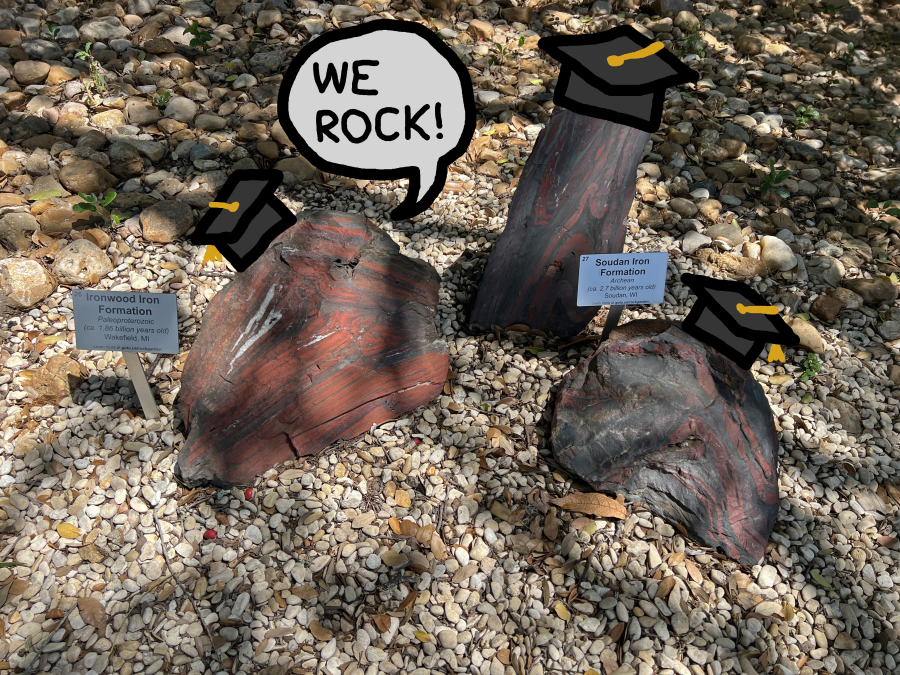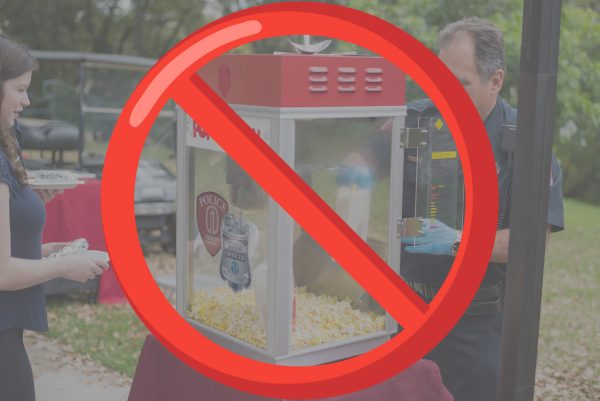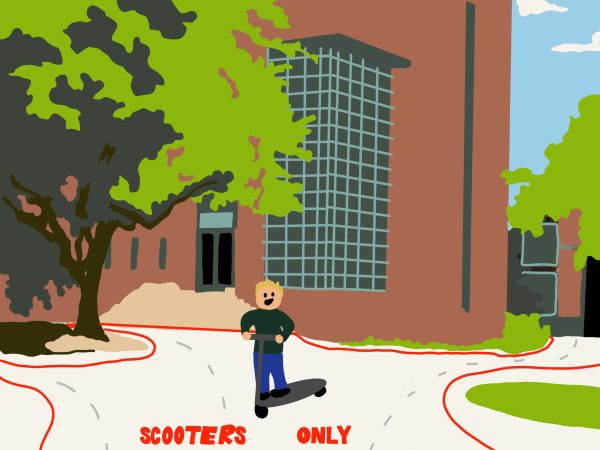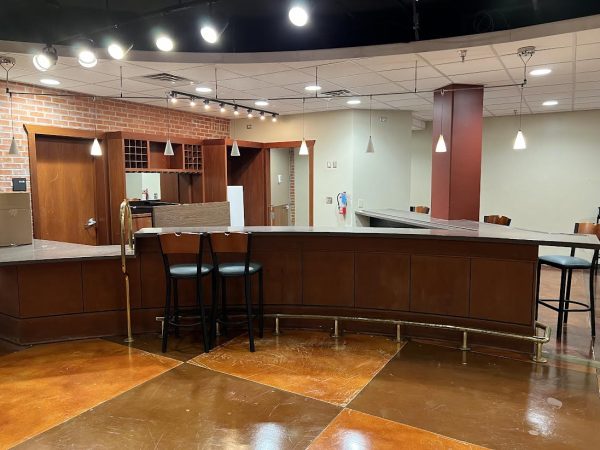No, I don’t regret majoring in Geosciences
Earth science is necessary, important and applicable across every single field
I’m a senior geosciences (and French) major going to divinity school in the fall. Over the past month approaching graduation, I’ve heard it all.
“What does religion have to do with rocks?”
“Do you regret spending four years studying geoscience?”
“At least one of your majors will be useful.”
All of these questions, comments and concerns have only shown me how disconnected we are from the earth. Learning about our planet is the least we can do as we harm it irreparably, and there’s no scenario in which seeking to understand Earth’s systems is a waste of time.
It doesn’t take a degree in geosciences to sit by a river and sense the power of water as it slowly chips away at banks of sediment, carving patterns whose full beauty can only be appreciated from high above. To marvel at tiny marine fossils in a hunk of limestone, or the huge bones of a dinosaur, realizing your time on the planet is both limited and eternal. To watch clouds overhead and wonder where that water vapor came from and where it will go.
It doesn’t take a degree in geosciences to know the earth, and it shouldn’t. But earning that degree has allowed me to channel my human interactions with my home planet into questions and investigations. It has allowed me to be both a storyteller and a clairvoyant. It has allowed me to find my place in the world in the midst of ancient systems, reactions and processes that make my life possible.
When people can’t seem to find the link between spirituality, theology and earth science, I want to tell them this: learning the long, winding tale of the ground beneath my feet is one of the most spiritual things I can do. Its journey is boundless, as matter that originated in the Big Bang 13.6 billion years ago has since experienced any combination of weathering, melting, uplift, collision, restructuring, erosion, subduction and other processes. Now, the ground beneath me gives me a place to stand, sit, sleep and carry out my life. Sometimes, the weight of that story is too heavy for science alone to carry.
In fact, it wasn’t until the Enlightenment that religion and geoscience seemed so antithetical. Humans have thousands of years worth of spiritual connections with the earth. Earthquakes, volcanoes and towering mountains, the products of plate tectonics, were often taken as the products of divine intervention. Rocks, rivers, clouds and other earthly things weren’t left out of animistic beliefs which saw life in non-human forms.
Our natural — and for many, spiritual — instinct is to feel our miraculous dependence on the course of Earth history. We are a part of the world, existing only because of precise environmental conditions. Because of this, each one of us bears responsibility for learning about and taking care of this earth that allows us to live.
However, it doesn’t matter what field I enter after graduation — if it’s not explicitly geoscience-related, I would receive the same comments. When I was considering being a professional journalist, for example, knowledge of earth science still appeared purposeless to some. This utilitarian attitude toward college majors only reveals our inability to learn for the sake of personal, communal and environmental betterment rather than for a career. There are some academic degrees which, although the process of earning them will teach you important life lessons, might be less applicable in certain careers. Geosciences, though, is applicable to every person who calls our pale blue dot home, especially as climate change accelerates.
Part of the misunderstanding also comes from misunderstanding what “geoscience” encompasses. It’s not all pretty crystals — it incorporates all the natural processes on the planet and uses physics, chemistry and biology to understand the past and predict the future. As we warm the climate and exploit natural resources, our survival as a species depends on geoscientists. However, that doesn’t mean career geoscientists should be solely responsible for understanding earth systems and processes.
We need elementary school teachers who know earth science.
We need policymakers who know earth science.
We need creatives who know earth science.
We need social workers who know earth science.
We need journalists who know earth science.
We need spiritual and religious leaders who know earth science.
We need a society which knows the story of the earth and how it works. So, no, I don’t regret spending my four years in college studying geoscience, because scientific literacy and appreciation for the earth in every sphere might just be the saving grace of our species.

I am a senior French and Earth Systems Science double major from St. Louis, MO. When I'm not wearing my EIC hat, I am also a Chapel | Spiritual Life Fellow,...

I'm Tony Rodriguez! I'm a junior from San Antonio, TX, majoring in math, and I worked as a copy editor for the Trinitonian about two years ago and am now...












Carter • May 12, 2023 at 6:35 pm
Beautifully written.
-A recent graduate of Geoscience and minor of Religious Studies